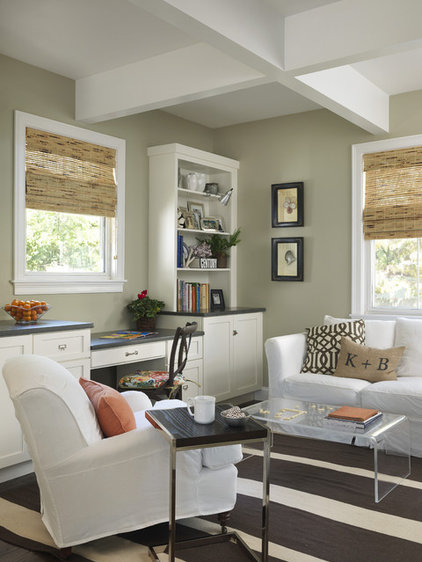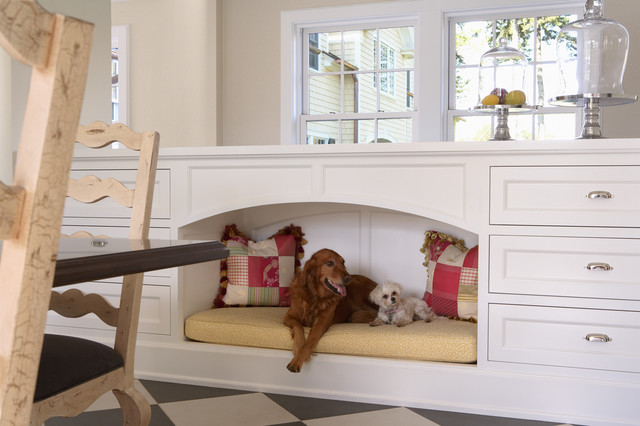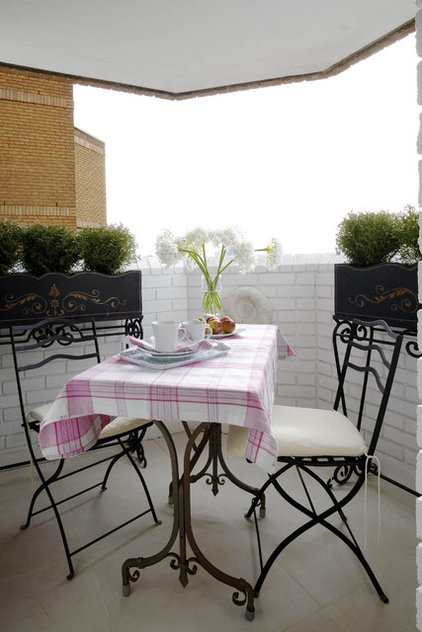The outlook for house prices may not be quite as gloomy as it was this time last year, but despite several months of increased activity some commentators are predicting the market will flatline in 2010.
It is good news for would-be buyers who are trying to save a deposit
for a home, but not so great if you are planning to sell your home. So
what can you do to maximise your chance of a sale?
1. Choose your estate agent well
You
don't have to sell your home through an estate agent, but if you do,
choose carefully. This is always important, but even more so in a slow
market where your home is not going to sell itself. Ask friends and
neighbours for recommendations, look for agents selling properties
similar to your ownand ask three or four to come and give you a
valuation.
Choose someone who is enthusiastic about selling your
house, and someone who sees, and will sell, the positives. Find out
where your house will be marketed. Websites such as Rightmove and Primelocation should be a given, as should local newspaper property
pages. Remember, if you opt for an agent that is part of a chain, your
house should also show up on the database in other branches.
You will be dealing with the agent on a regular basis, so try
to find one with whom you get along. Bear in mind that the valuer may
not be the person with whom you have regular contact, so check who this
would be and meet or speak to them before you decide.
2. Haggle over fees
Don't accept the agent's first quote without seeing if you can get a better deal elsewhere. The latest Land Registry figures showed prices were down year-on-year,
so there is a chance you will be making a loss on your property. With
this in mind you should attempt to make savings elsewhere to offset it.
Ask
if your preferred agent can match the percentage charged by the
cheapest agent, or meet in the middle. A fraction of a per cent on a
house sale could be worth a substantial amount of money.
3. Get the price right
It
is tempting to go with the highest valuation you receive, but be
realistic. "In a flat market, price is more critical than ever," says
Spencer Cushing, manager at John D Wood & Co in South Kensington. Check the prices on similar properties to get an idea of what price to expect. While the national house price indices can give you an idea of market trends, some areas have seen things picking up more than others.
"Know
how much the properties you are in competition with are selling for,
and undercut them. Psychologically, for buyers, yours will appear
better value," Cushing advises. "If your price is too high the property
will hang around. If you price low you will attract more interest and
increase the chance of getting competitive bidding, and may even sell
for over the guide price."
4. Get organised
Put
together a file containing all documents to do with the house. Include
any guarantees for repairs, certificates for gas and electrical work,
council tax bills and any other documentation you have. Your solicitor
will ask for the lot. You will also need to provide proof of identity
and of address to your solicitor, so dig out your passport and recent
utility bills with names of all owners. Do this in advance and you will
be ready to leap into action when an offer comes in.
Taking
time to collect together the relevant paperwork may make your seller
nervous, and at a time when some still feel cautious about the market
it is not a good idea to give them anything to worry about.
5. Clear the clutter
Prepare
for a viewing seriously. Keep rooms tidy, stay on top of the vacuuming
and clear dishes from the draining board. The idea is to demonstrate
that this is an attractive, functional home. Leaving your stuff lying
around may create the impression that there is not enough storage.
Again, it is always important to do this, but even more so if there are
lots of similar properties on the market.
6. Improve your home …
Don't
gut and redecorate the entire property, but do fix what is obviously
damaged. "If there has been a leak and there is some staining, I would
say pay the money and repair that. If there are some hairline cracks,
fill them in. A first-time buyer may think there is a serious problem,
even though this is not the case," Cushing says. If you have been
letting your home it could be in need of some serious cosmetic repair.
You
don't need to obsess over depersonalising a home, but if rooms are
painted bright colours you should consider a quick coat of neutral
paint. Tim Wardley, regional managing director at estate agency Connells, says: "Purchasers are trying to picture themselves living in your home so minimise personal possessions such as photos."
But
concentrate on first impressions. Paint the front door, tidy the garden
and make the entrance area as welcoming as possible. If you live in a
flat, do your best to improve the communal areas. If they look shabby
it will appear that the building is not well maintained.
7. … But don't overspend
Buyers
often like to make their mark, so don't waste your money on trying to
second guess what they like. "Everyone is a budding developer, everyone
wants to feel they can add value," Cushing says. If the kitchen is
tired, don't spend money on replacing it – there is little chance you
will make your money back. Don't replace carpets, but do get them
cleaned.
8. Don't hover over viewers
A good estate
agent will show potential buyers around a property as part of the
service, so let them. "Take the dog and kids out for a walk when people
come round," Wardley says.
Or if you need to be at home, be
welcoming but discreet. Keep pets and children out of the way, anything
to make viewers feel they are not imposing. "The hardest property to
sell is the one where the owners loiter in the background," Cushing
says. "People feel uncomfortable when the owner is around. They don't
want to talk about the property out loud, and more often than not want
to leave too quickly."
9. Keep tabs on your agent
A
good estate agent will give you feedback after each viewing and be
frank about anything you should change. Ask yours to be brutal. Find
out what made buyers choose another property over yours and, where
possible, make changes.
"Agents should be overselling the
positives of the property," Wardley says. If you don't feel confident
your agent is doing everything possible to market your home, it may be
time to give notice to close your agreement and try another.
10. Step back, and try again
"If
a property is still on the market after a long time, the problem is
probably down to the price," Cushing says. Give yourself a break, take
the house off the market.
Do bear in mind that this might mean commissioning a new home information pack.
If your house has been on the market for more than a year and you
voluntarily take it off you will have to buy a new Hip, unless you go
back on within one year of the date you first tried to sell. If you
took your house off the market to complete a sale and it falls through,
the Hip is still valid if you go back on the market within 28 days.


























